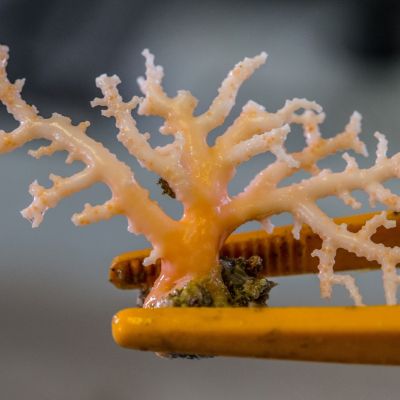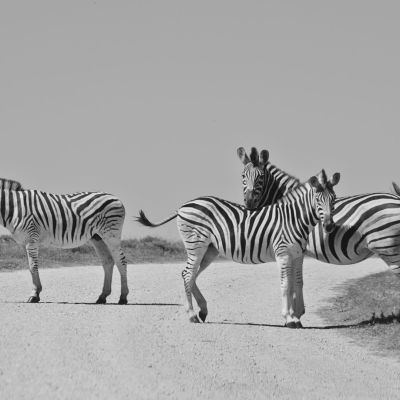OPINION: We're At A Tipping Point
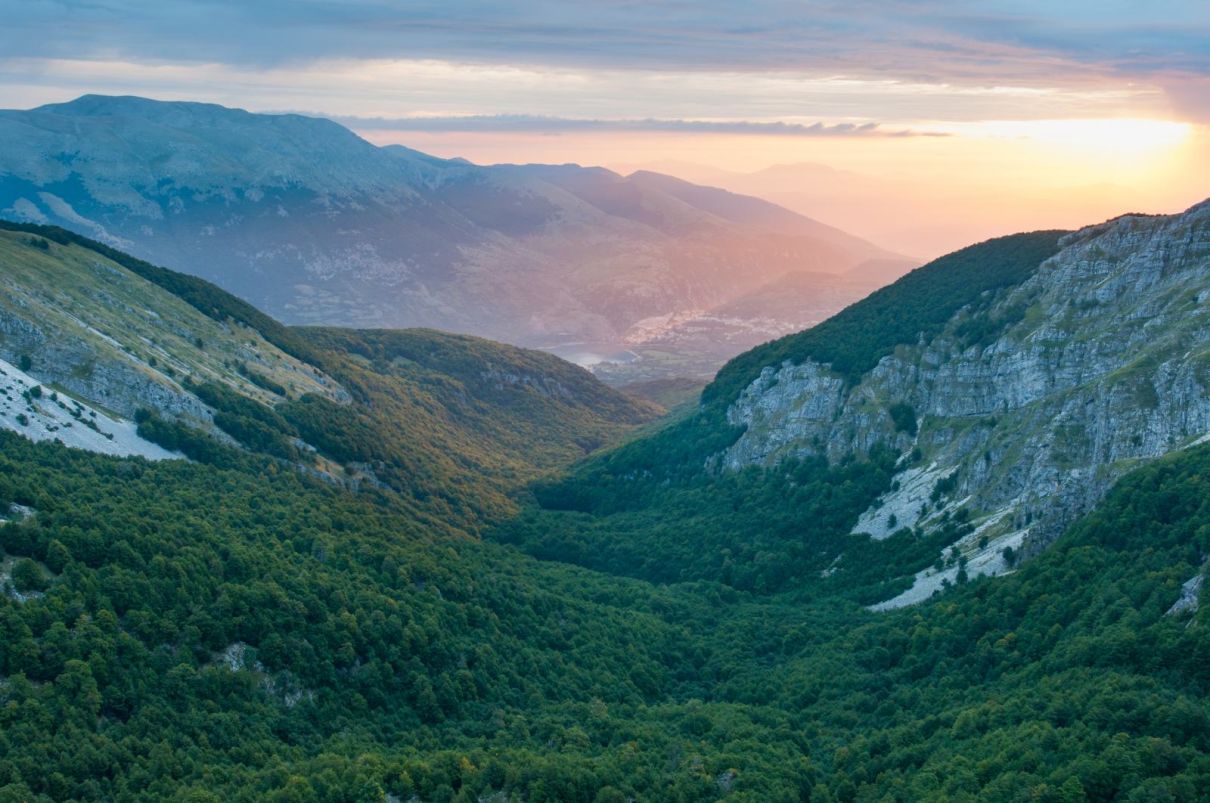
Are we willing to change long-held traditions, habits and behaviour in pursuit of a more sustainable existence?
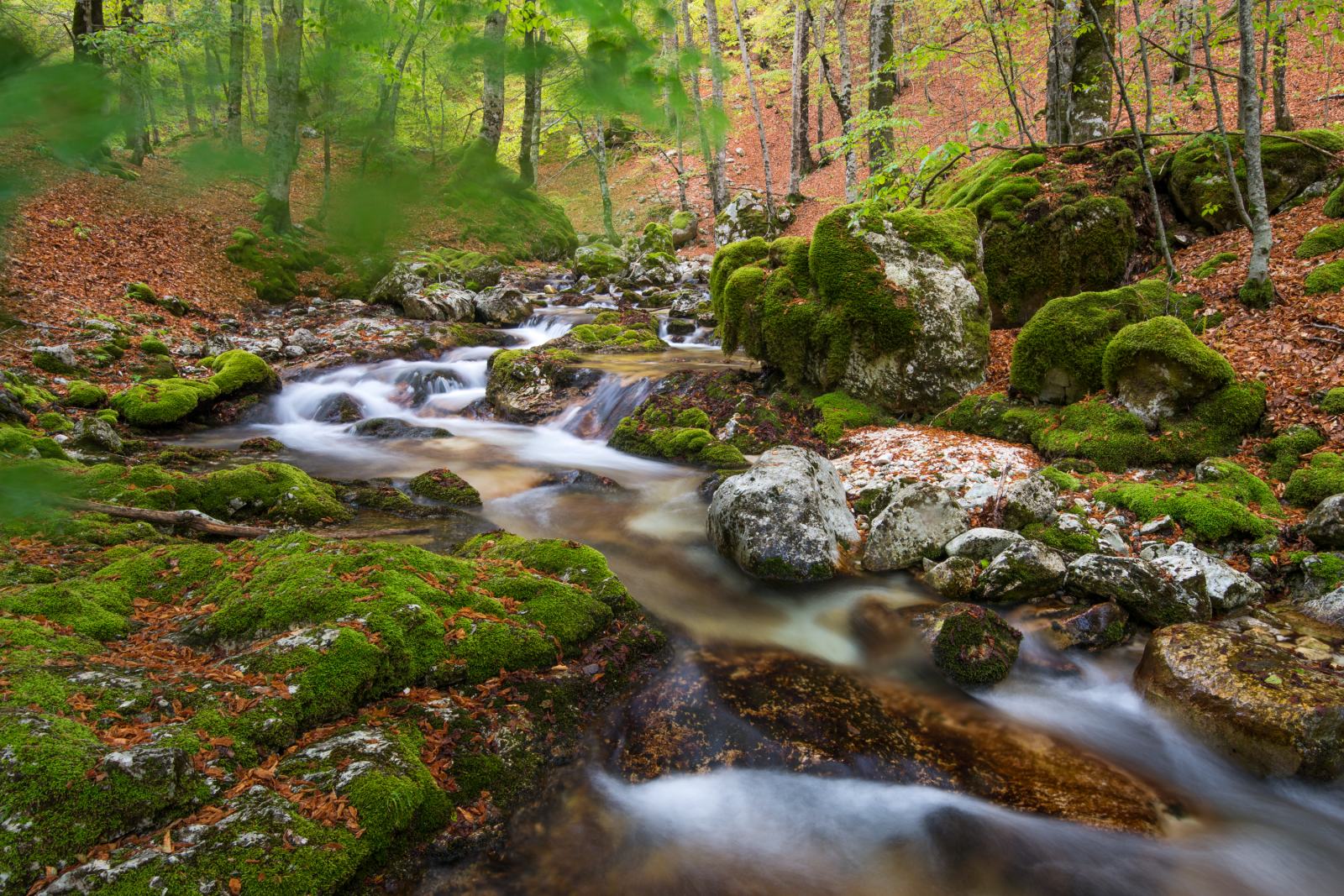
As a point of reference, if the Earth’s total existence was measured as one year, humans have only been around for the last few minutes of the 365th day. In that relatively short time, we have reached a tipping point and it’s time for us to take action and avert severe consequences.
We are where we are due to our uncontrollable growth, associated impactful habits and beliefs. People often say that the planet is in trouble, but the reality is we are in trouble. In light of our challenges: from global warming and climate change to the extinction crisis and mass migration, the notion of a ‘return to normal’ is simply not an option. None of us are exempt, nor will we be unaffected by the consequences of inaction.
While we managed to put man on the Moon, humanity all too often fails to understand our unquestionable interdependence on the natural world: from bees and trees to mangroves and seaweed. The suffering humanity has inflicted on the natural world is nothing short of horrific, from insects and forests to industrial-style livestock farming, canned lion hunting and the shark-finning industry, to name just a few examples. We need a massive shift of consciousness to get us out of the situation we find ourselves in. The question is, are we willing to change long-held traditions, habits and behaviour in pursuit of a more sustainable future?
We must act now in order to change the trajectory of Earth´s loss of biodiversity; this is the duty of everyone. We will all suffer if we do not change our approach to nature conservation.
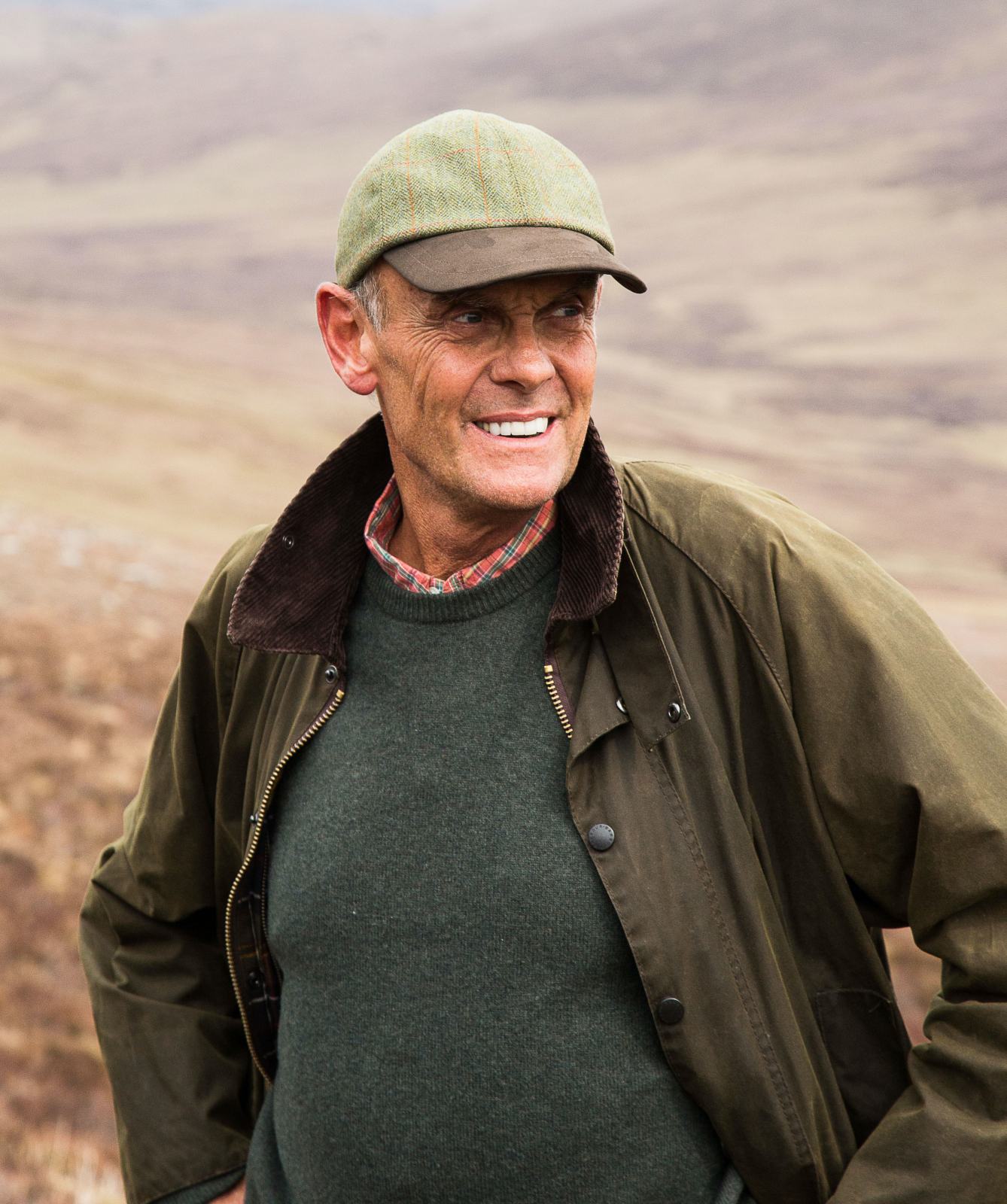
Twenty-seven per cent of the Earth’s land surface (excluding deserts and icecaps) has been cleared, felled or burned for livestock grazing and associated feed. Moving forwards, a plant-based diet will allow nature to recover, improve carbon sequestration, save water, reduce methane emissions and allow more people to connect with nature. Simply put, excessive livestock production is not good for the planet, people or animals.
During the lifetime of Queen Elizabeth II, the global population has tripled to almost eight billion, and the associated consumption per capita has increased exponentially. The UN suggests that the world population is currently growing at a rate of approximately 81 million people annually; infinite growth on a finite planet is a non-starter. The notion of the multi-child family needs to be addressed.
We’re all able to reduce our carbon emissions when it comes to travel and shopping. Business trips, due to a plethora of virtual meeting apps, have thankfully been greatly reduced. We need to stop short trips abroad, opting for longer, more immersive, holidays. We can also reduce our purchases of non-essential fashion and other items. When food shopping, we need to consider local or European products at every opportunity. Unbelievably, the floral industry relies on daily imports of full cargo aircraft of flowers from places such as Colombia and Kenya.
Bizarrely, just three per cent of global philanthropy is directed to nature-based conservation and wildlife. There is no better time to get involved. After all, what will life be like without clean air, healthy soils and pure water? Why not consider engaging with a wildlands philanthropy project or wildlife foundation before the inevitable wealth-tax increases? Let´s work together and have a common objective to save our world from the next mass extinction.
Conservationist Paul Lister is the custodian of Alladale Wilderness Reserve in Scotland and founder of The European Nature Trust, a UK-based charity.



